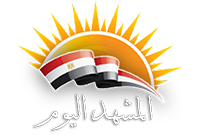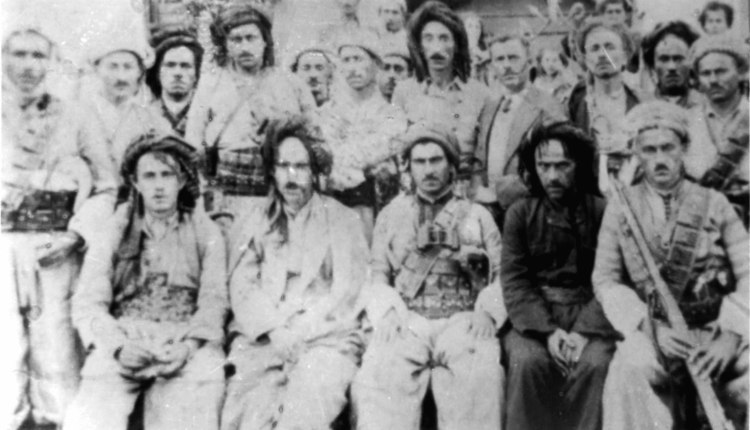https://hjuoz.uoz.edu.krd/index.php/hum/article/view/1594
In a 2025 publication of the Humanities Journal of the University of Zakho, Dr. Fakhir H. Yousif, from the Department of History, authored a detailed study titled “The Tribal Problem Between Iraq and Iran (1925–1960): A Documentary Study – Jaf Tribe as a Sample.”
Overview and Significance
The paper describes the Jaff tribe as one of the most influential and historically significant Kurdish tribes. It emphasizes that the Jaff’s prominence extends across both Iraqi and Iranian territories, where different branches of the tribe have lived for centuries.
The research uses unpublished Persian archival documents and a descriptive analytical method to understand the Jaff’s cross-border dynamics between Iraq and Iran, focusing on the years 1925 to 1960.
Main Findings
The University of Zakho study reveals several key insights:
- Geographical Presence:
The Jaff tribe inhabited the border regions of Kurdistan, Iraq, and regularly moved between Iraqi and Iranian Kurdistan.
- Nomadic and Economic Life:
Many members of the Jaff tribe were pastoralists and livestock herders. Their seasonal movement in search of pastures and grazing lands often brought them into Iranian territory.
- Cross-Border Tensions:
These movements occasionally led to disputes and tensions with Iranian authorities and other local Kurdish leaders on the Iranian side.
- Iranian Government Response:
During the Pahlavi era, the Iranian government reacted to these crossings by trying to expel the Jaff tribespeople or by imposing grazing and pasture taxes when they entered Iranian lands.
- Archival Evidence:
The study draws on Persian archival records from both the First and Second Pahlavi periods, showing how Iran managed or restricted Kurdish tribal mobility along its borders.
Method and Approach
The paper is a documentary study that uses unpublished Persian sources and library-based materials. It examines the issue through historical documentation rather than oral or anthropological data.
Conclusion
The University of Zakho concludes that the Jaff tribe played a vital role in the Kurdish regions of both Iraq and Iran, acting as a bridge between the two territories. Their movements and autonomy made them not only economically important but also politically significant in shaping regional Kurdish relations during the early and mid-twentieth century.
The research portrays the Jaff as a resilient, mobile, and influential Kurdish tribe whose activities had both local and cross-border impact — a symbol of continuity, adaptability, and leadership across generations. The last leader was Dawood Jaff.


